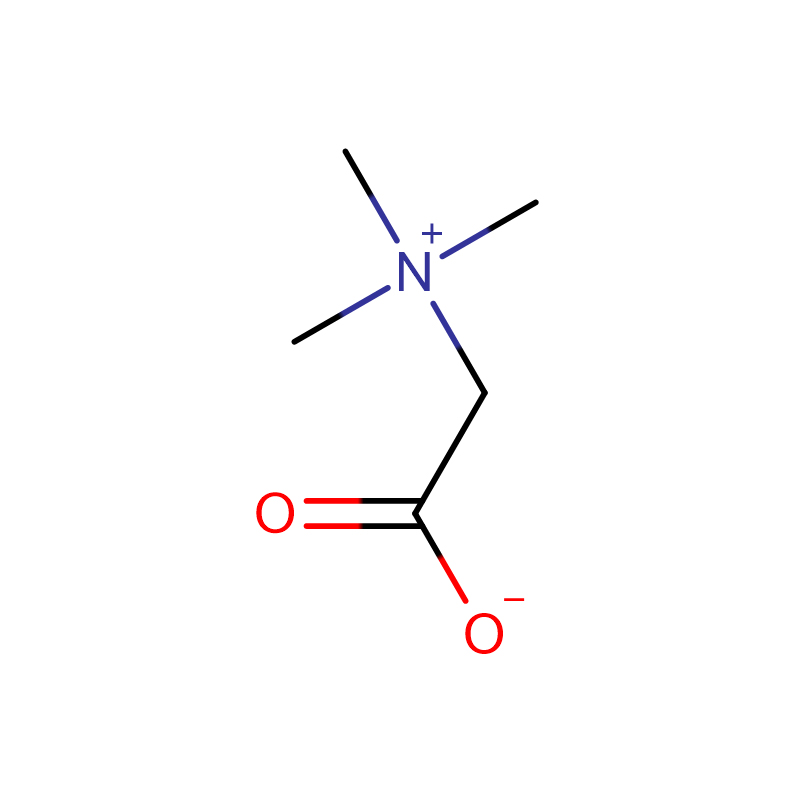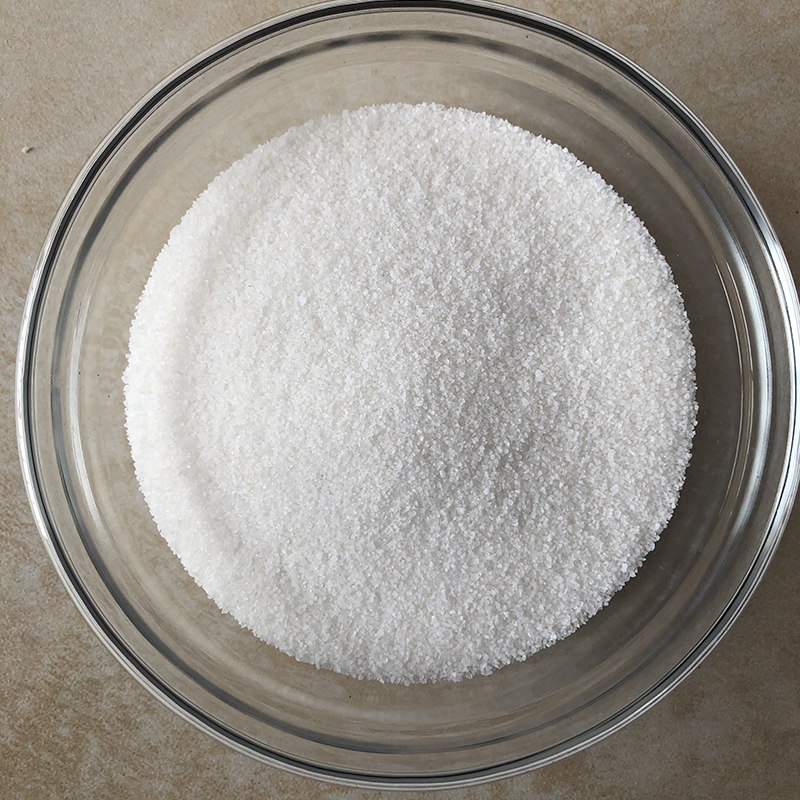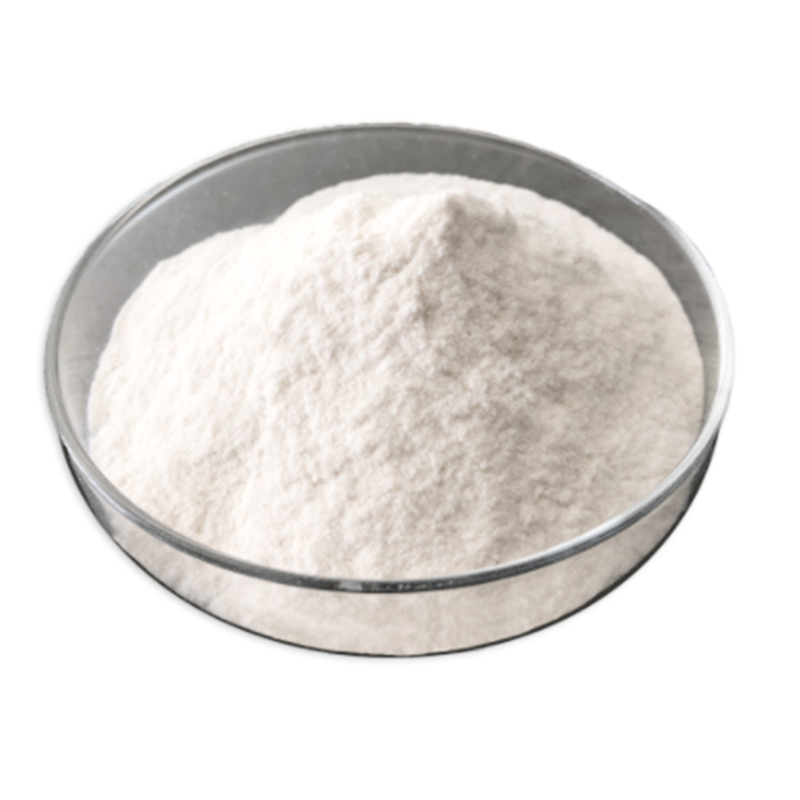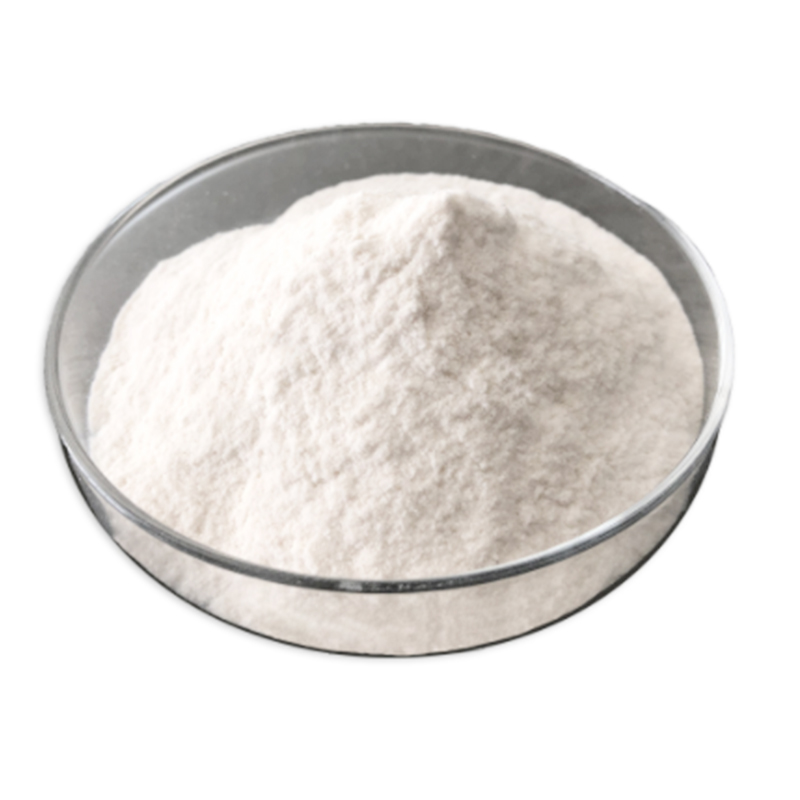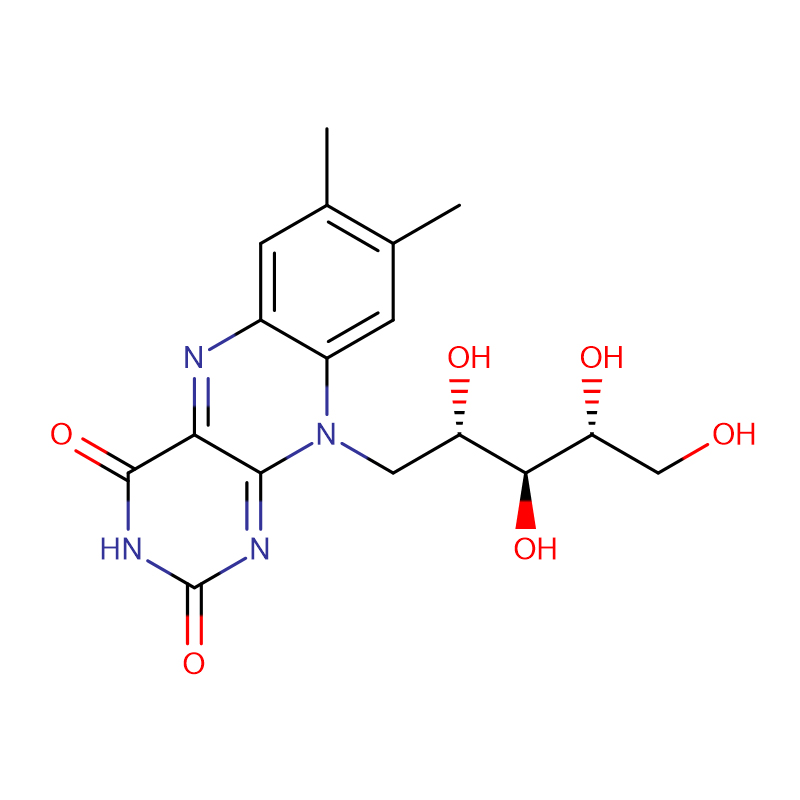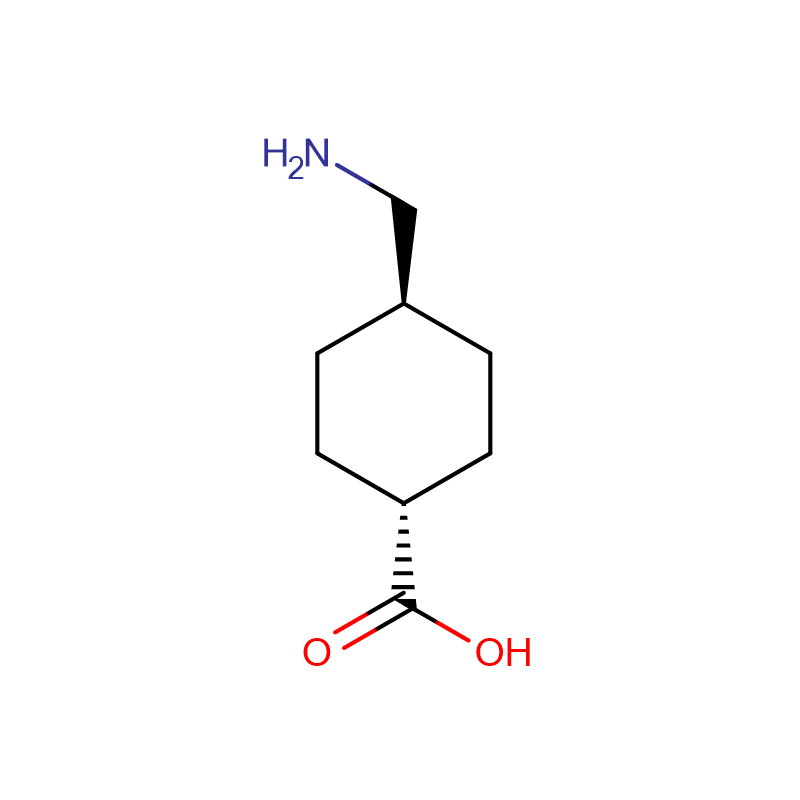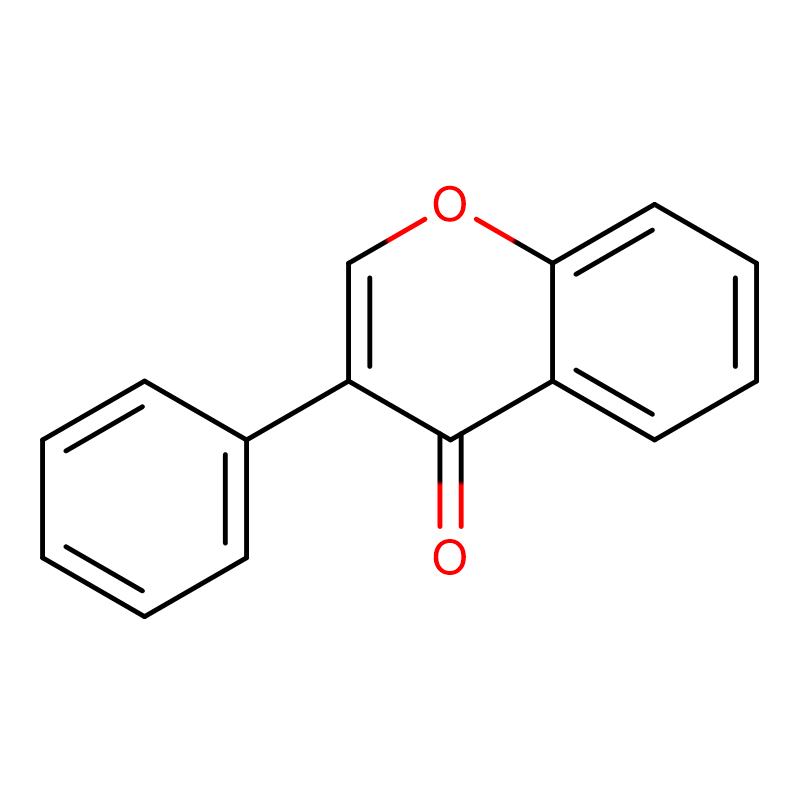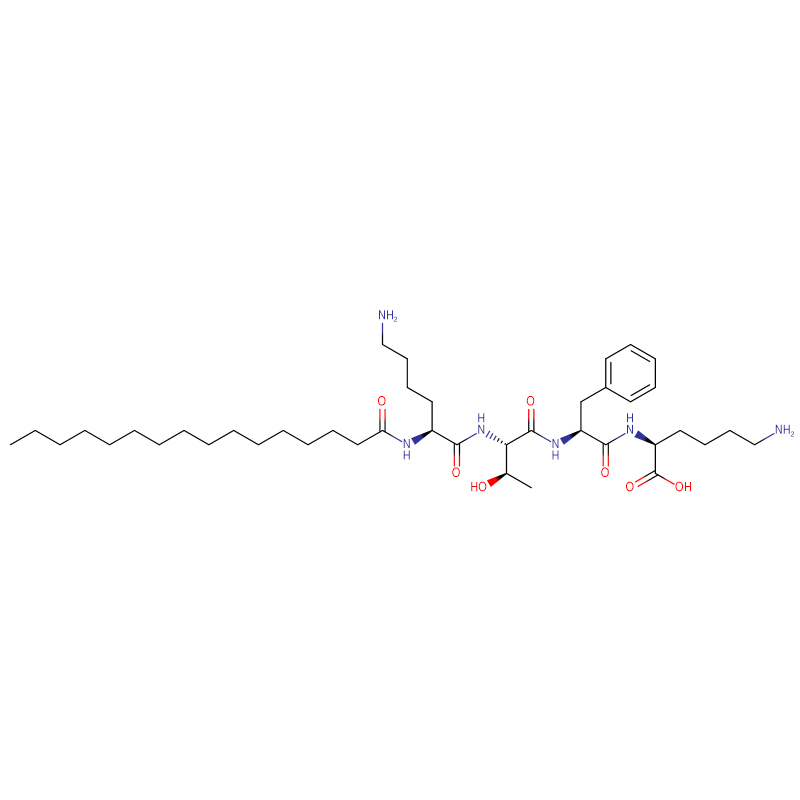Betaine HCL/Anhydrous Cas: 107-43-7
| Catalog Number | XD91860 |
| Product Name | Betaine HCL/Anhydrous |
| CAS | 107-43-7 |
| Molecular Formula | C5H11NO2 |
| Molecular Weight | 117.15 |
| Storage Details | 2-8°C |
| Harmonized Tariff Code | 29239000 |
Product Specification
| Appearance | White crystalline powder |
| Assay | 99% min |
| Melting point | 310 °C (dec.) |
| Boiling point | 218.95°C (rough estimate) |
| density | 1.00 g/mL at 20 °C |
| refractive index | 1.4206 (estimate) |
| solubility | methanol: 0.1 g/mL, clear |
| pka | 1.83(at 0℃) |
| Water Solubility | 160 g/100 mL |
| Sensitive | Hygroscopic |
Adding betaine to the feed has protective effects on the vitamins contained in the feed, also makes feed be tolerable to high temperature and can subject to long-term storage, and thus greatly improving feed utilization rate as well as reducing the costs. Adding 0.05% betaine to the chicken feed can substitute 0.1% methionine; adding betaine to the bait have palatability effect on both fishes and shrimp, thus betaine can be used as the swelling agent of aquatic product in large amount. Adding betaine to the pig feed added betaine can increase the appetite of pigs and increase the rate of lean meat. 1kg Betaine is equivalent to 3.5kg of methionine. The ability to provide methyl of betaine is 1.2 times as strong as that of choline chloride, and 3.8 times as strong as that of methionine with a very significant feed efficiency.
2. It is used as betaine type amphoteric surfactants, also used as leveling agent of dye vat dyes.
3. It can be used as feed grade anhydrous betaine for being as a feed additive. It is a natural and efficient methyl donor which can partially substitute methionine and choline chloride, lower the feed costs, reduce back-fat of pig, and increase the rate lean meat and carcass quality.
4. It can be used for lowering blood pressure, anti-fatty liver and anti-aging.
5. It can be used as a feed additive for promoting animal growth and increased disease resistance.
Betaine is a surfactant, humectant, and excellent skin conditioner. It is also used to build product viscosity and as a foam booster. It is found mostly in skin cleansers, shampoos, and bath products.
Betaine has been used to study the effects of antioxidants on regrowth from cryopreservation.
Betaine is an active ingredient in toothpaste to control the symptoms of dryness of the mouth. It is used to treat homocystinuria, which is a defect in the major pathway of methionine biosynthesis. It is also used for boosting the immune system and for improving athletic performance. It is helpful to prevent noncancerous tumors in the colon (colorectal adenomas).


